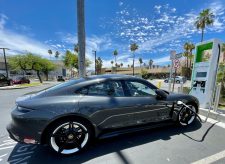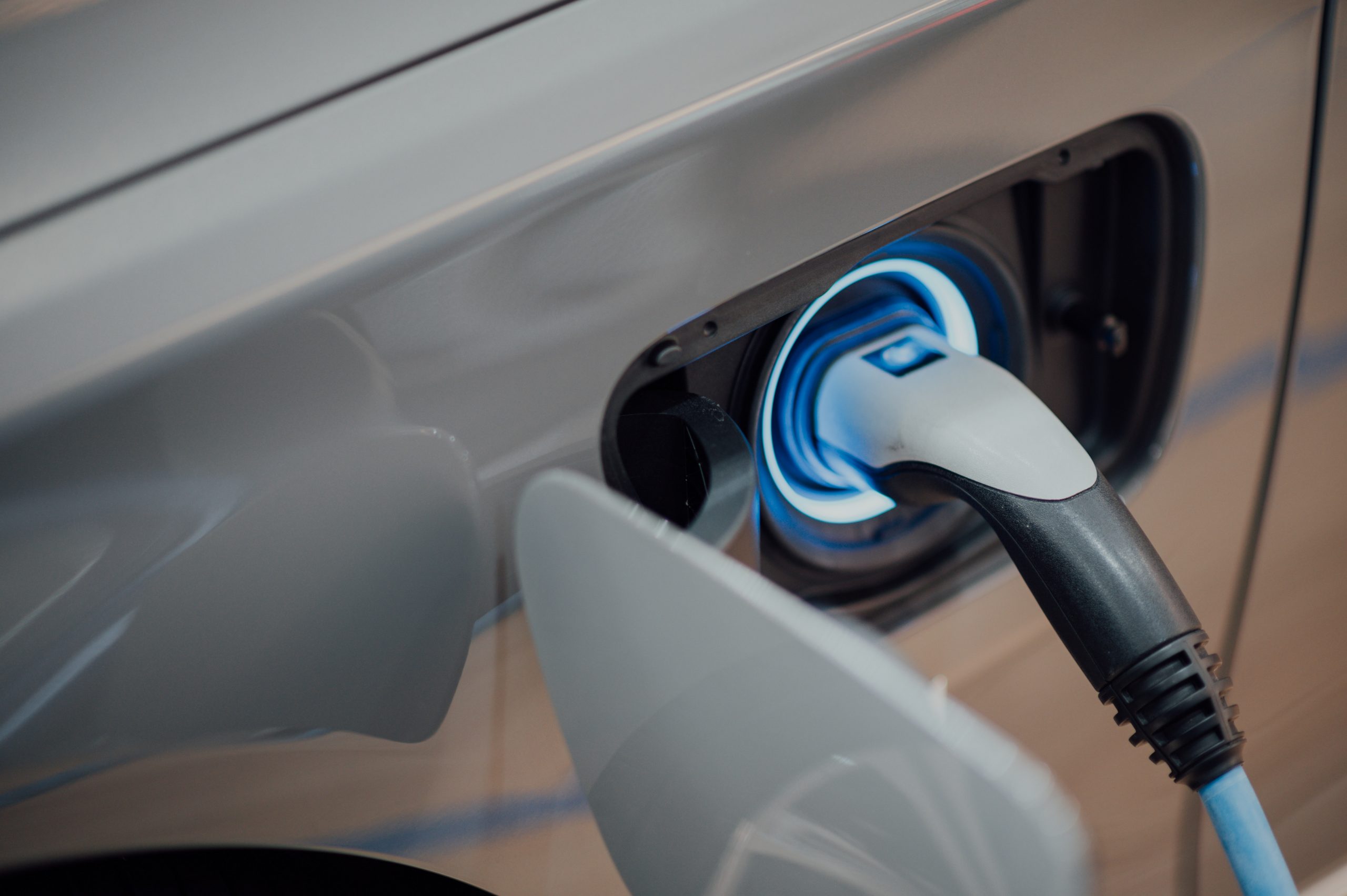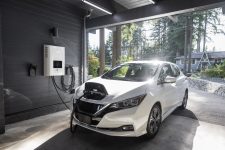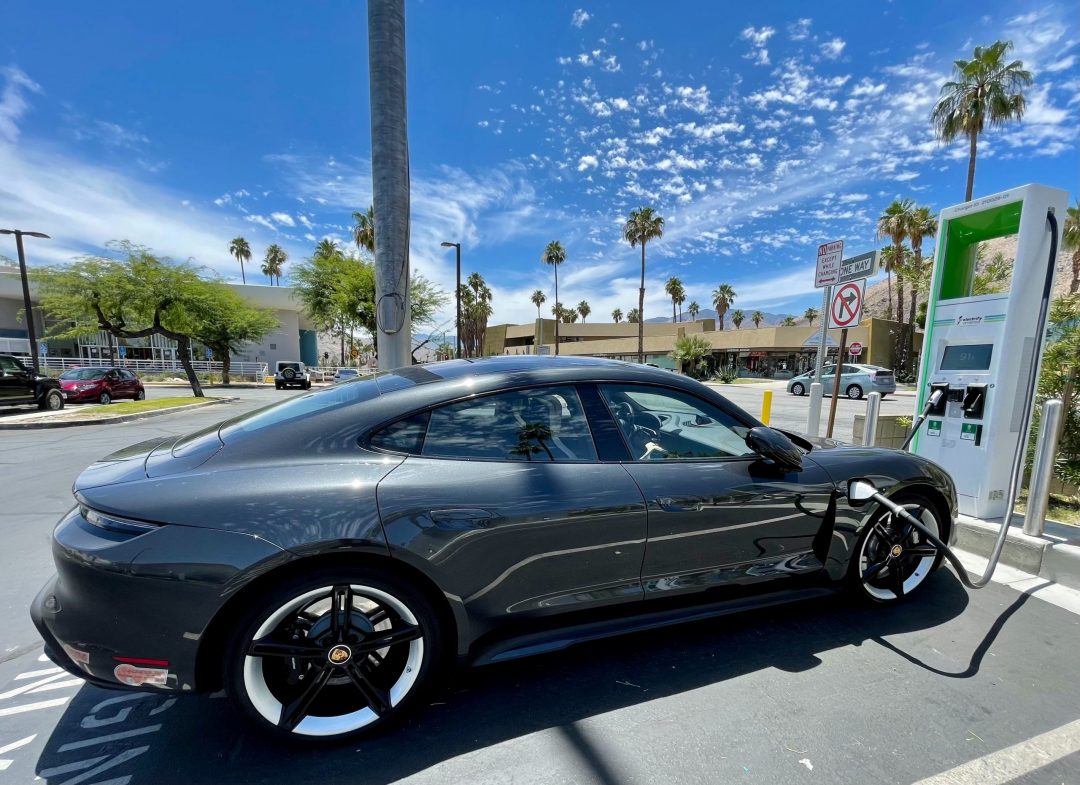 One of the most important aspects of adult independence is being able to get around by yourself. Whether you’re going to work, meeting a friend, or simply going to the shop to choose your own groceries, being able to drive can be an essential part of this. It’s especially important for those who live in rural areas, who may struggle to access public transportation, or for those with disabilities, who might find it difficult to use buses or trains.
One of the most important aspects of adult independence is being able to get around by yourself. Whether you’re going to work, meeting a friend, or simply going to the shop to choose your own groceries, being able to drive can be an essential part of this. It’s especially important for those who live in rural areas, who may struggle to access public transportation, or for those with disabilities, who might find it difficult to use buses or trains.
But the purchase of any car is a big investment, let alone an electric vehicle (EV), which is often more expensive than a standard petrol vehicle. It’s important to make sure that whatever you purchase, it’s the right choice for you, rather than just the one that’s been recommended. Reviews are a great place to start, but you’ll need to consider what your specific requirements are going to be.
But what should people with disabilities be looking for when choosing an EV? We take a look at some of the key elements.

Ease of charging your EV
If you’re only doing relatively short journeys, then you should be able to simply charge your EV at home each night, rather than needing to look for charging stations whilst you’re out and about. This can make things a lot easier, but you should consider what type of charging point you’re going to need and where you’ll need to park in order to charge the car.
You should also look at the charging cable, and pick it up to check how heavy it is and how hard or easy it is to manoeuvre. Whilst an EV cable offers non-grip charging, which can be easier for people with joint pain or lack of hand mobility, they can be weighty to move around, so it’s worth trying out this process before you buy.
 Possibility for adaptions
Possibility for adaptions
EVs can be a great choice for disabled drivers, as they offer a smooth ride and can be easily adapted to make driving easier for those with mobility issues. Additional controls such as hand controls, electronic accelerators, steering aids, and pedal modifications mean that people who may otherwise struggle to control traditional gears and levers can still have the freedom of driving.
There is a range of electronic accelerators available, meaning that you can further personalise your vehicle to your exact needs. This technology is placed on the steering wheel or behind it. When you’re looking at choosing an EV, if you think you might benefit from this technology, then why not come in for a free assessment and we’ll help you find what works best for your needs.
EV Range
It’s important to consider the length of the journeys that you’ll typically be doing in your EV. Whilst there will be some exceptions, if you’re primarily doing short journeys, then this will give you a wider range of cars to choose from. If you’re regularly doing long journeys, it may be worth comparing the ranges of different models. Unfortunately, it’s not always easy to find an accessible charging point, and you’d need to factor in pausing to charge, so it’s an important part of choosing the right car for you.


